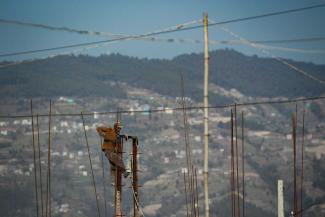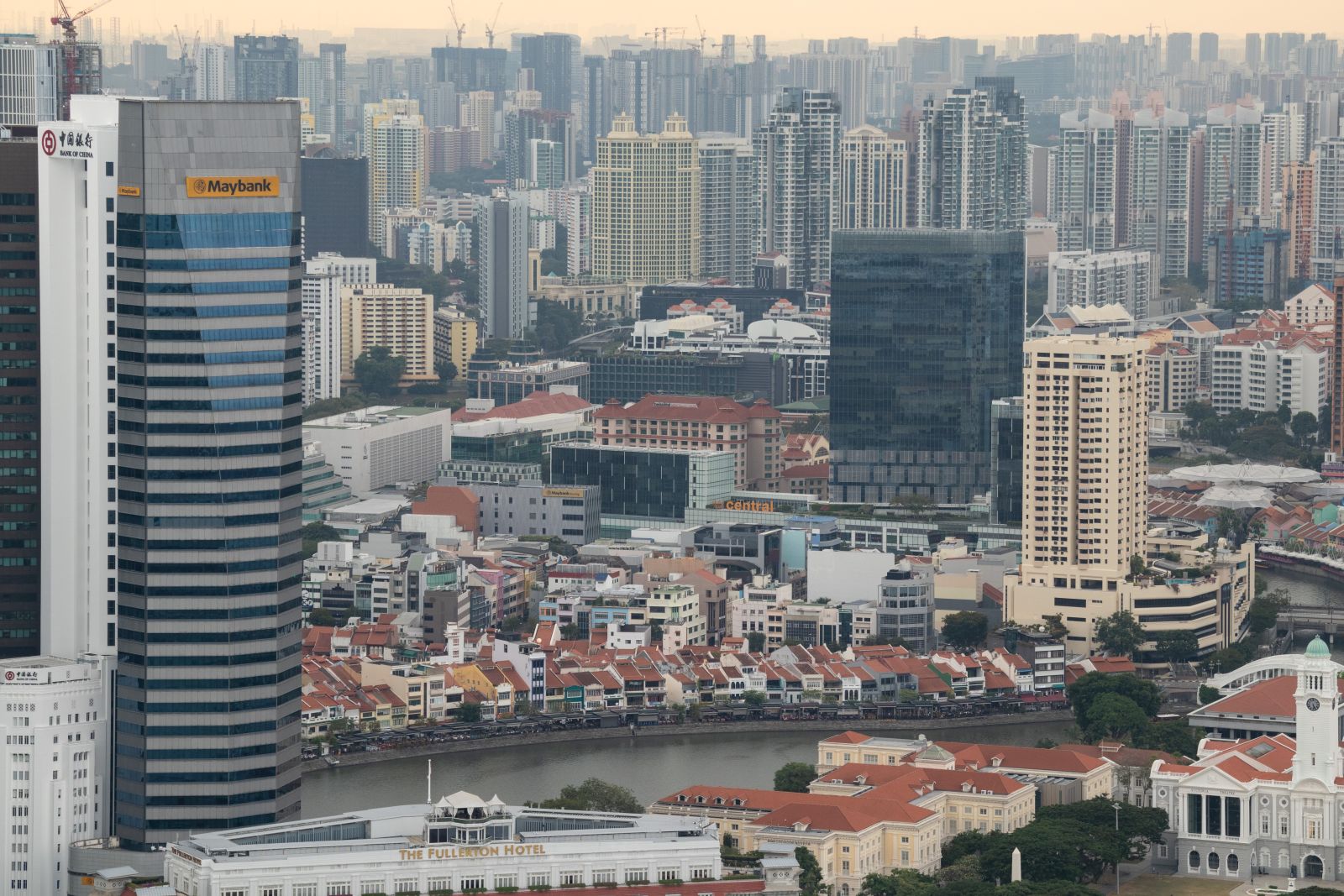Our view
Why life is safer in high-income countries

Every country is different, of course, but the big secret of national success is the dynamic interaction of markets, government agencies, law courts, scientific institutes and other institutions. Sociologists speak of “functional differentiation” (see Anna-Katharina Hornidge on www.dandc.eu). It is why prosperous economies are typically mixed economies, with important roles for private and public sector.
Markets drive wealth creation, but they also tend to leave masses behind. Some unfair business practices must be made illegal. Tax-funded social protection can prevent the worst destitution. Labour laws prevent harm, and so does environmental legislation. In many ways, market and state complement one another. In Germany, for example, anyone who registers a car must also buy liability insurance, so accident damages are generally covered.
Infrastructure is crucial. Urban planning and building codes ensure that people have homes with appropriate amenities. Whether tap water is safe to drink matters. Whether the utility is private or governmental is less important. Either way, good results depend on people having rights and being heard.
Nonetheless, market-radical libertarians see society as a jungle, with everyone maximising personal gains. To them, freedom means absence of taxes and regulations. In their eyes, everyone is entitled to whatever they can pay and accumulating wealth by whatever means is considered good. Those with the highest incomes are believed to be the most valuable leaders who must run their business as they please (see my blogpost on www.dandc.eu).
Human nature is actually quite different. People depend on – and are shaped by – their communities. The more difficult a community’s environment is, the more important solidarity becomes. Indigenous peoples, who live in real jungles, typically have a strong spirit of cohesion, but no concept of individual entrepreneurship.
Social disparities make crime more likely – including of the violent kind. Thanks not least to good public health care and education opportunities, Scandinavian societies are more inclusive than the USA, where the myth of the jungle-clearing superhero is particularly strong.
Libertarianism is popular among Silicon Valley plutocrats. They should know better. America’s hub of digital innovation did not arise in the “wild” west. From the start, tech entrepreneurs needed the opportunities that advanced functional differentiation offers: good infrastructure, rule of law, a skilled work force, good schools and universities et cetera.
There is reason why the countries that rank highest in the UN’s Human Development Index do not resemble libertarian small-state fantasies. Unfortunately, thinking in terms of survival-of-the-fittest individualism has had a lasting impact on both conservative and populist parties in many countries. Western democracy would be in a better shape if concern for the common good were emphasised more. Indeed, some still liken climate action to business-strangulating socialism. Human development needs markets and private companies, but other institutions too. Our safety and resilience depend on the right balance – and in an era of increasing global problems, we need to become much better at finding global solutions.
Hans Dembowski is editor in chief of D+C Development and Cooperation / E+Z Entwicklung und Zusammenarbeit.
euz.editor@dandc.eu











